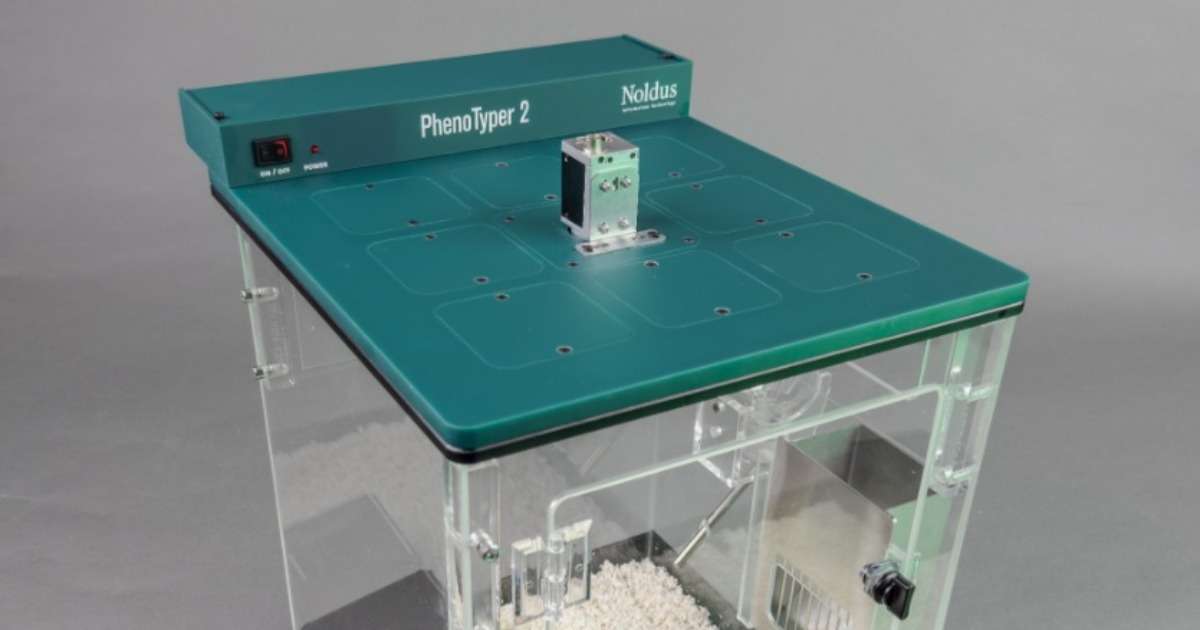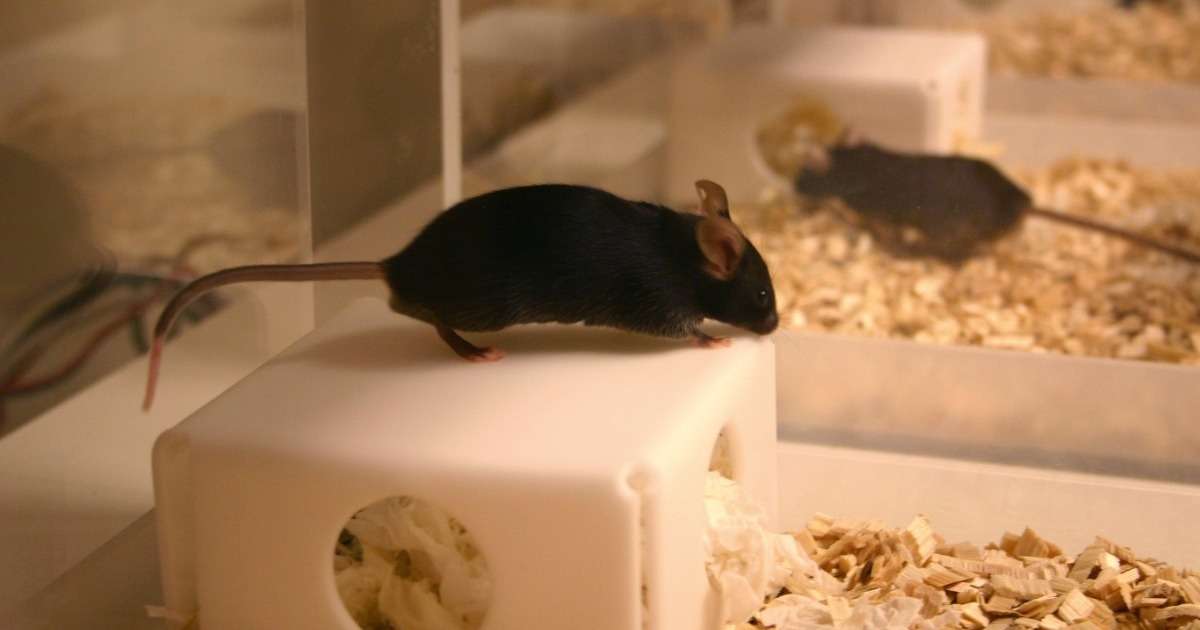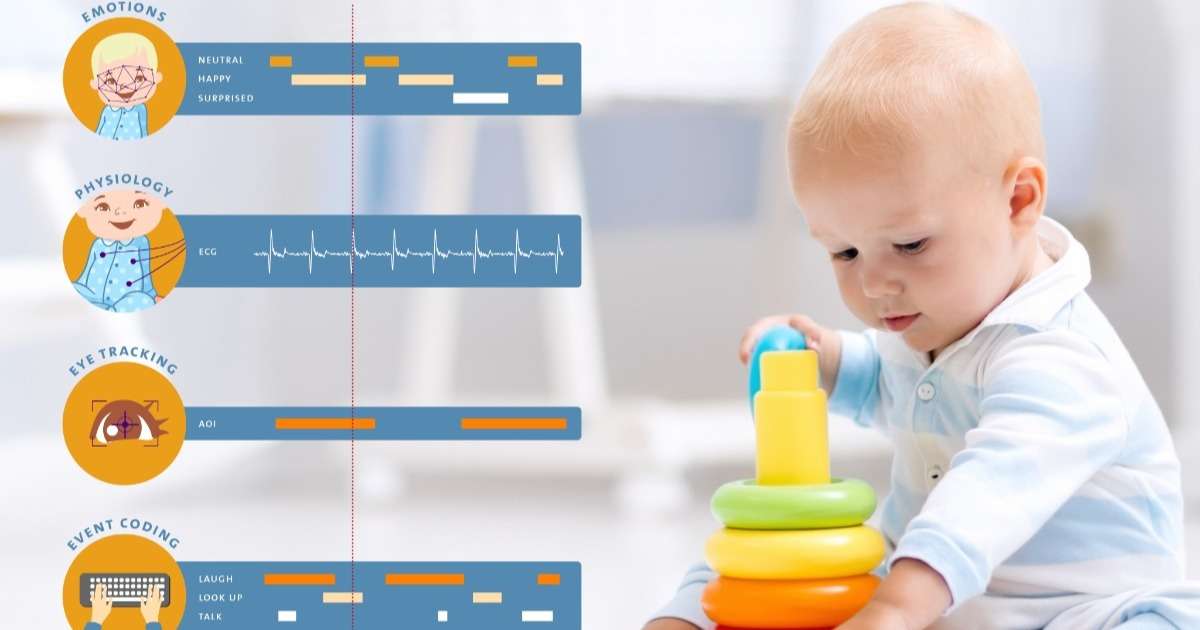
The many uses of the PhenoTyper
With its new top unit, the PhenoTyper is even more versatile than before. Follow in the footsteps of those who have already added the PhenoTyper to their lab and learn all about its varied applications.

Replacing rodents with insects in behavioral testing
In this blog we delve into the use of flies as a new perspective for behavioral testing. How do they compare to rodents? And can conventional rodent tests be adapted to insects?

Diving deeper: Obesity and Anxiety, a scientific perspective
It seems that there is a relationship between poor mental health and obesity. But the exact reasoning is far from clear. Animal experiments can shed light on the situation

Are fish empathic?
Ever wondered if fish can be empathetic towards each other? Find out in this blog how oxytocin plays a role in fish behavior!

Tracking tiny transparent fish with EthoVision XT
Danionella cerebrum, a recently discovered cyprinid fish, has the smallest known vertebrate brain. What are the behavioral differences or similarities to their zebrafish relatives?

Better together or happier apart? The effects of housing on stress in mice
Does housing mice on their own affect animal welfare and reduce experimental validity? How was EthoVision XT video tracking software used to automate this investigation?

3 high impact papers about measuring anxiety in the Elevated Zero Maze
The elevated zero maze (EZM) is a variation on the elevated plus maze (EPM) and was created to eliminate the center region of the EPM. This blog highlights 3 studies that use the EZM to test for anxiety-like behavior

Anxiety and Autism
The EU-AIMS and AIMS-2-TRIALS projects have carried out some interesting studies teasing out the causes of anxiety in children with autism.

Robust and reliable: Measuring anxiety in the Elevated plus maze
Screening of anxiety-like behavior in the elevated plus maze becomes more reliable with Ethovision XT combined with the standardization of testing parameters and common practices.

Direct observations help develop effective interventions in adolescence
Presenting a study in which family and friendship dynamics in adolescence were observed in order to develop more personalized interventions that prevent problem behaviors and adjustment issues.
